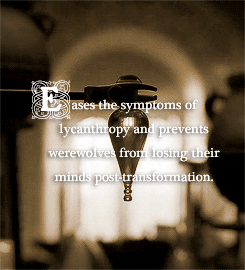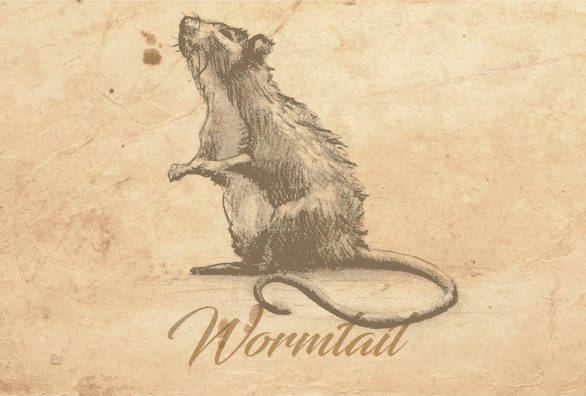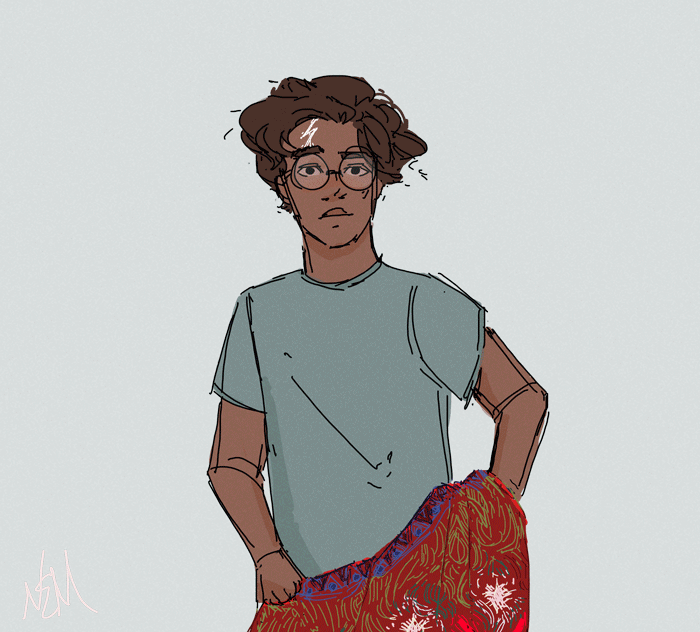Deceptions That Forever Changed the Plot of the “Harry Potter” Books
The Harry Potter series is a pretty standard fantasy story of good conquers evil, but it has plenty of surprises in store. A great example is a hero dying at the end of the story to save the day: Well, Harry did, but he still managed to come back to life! What makes these plot twists so great is all the deception in the series. And while deceitful villains like Voldemort are easy to hate, they also make stories more dynamic and interesting.
Lupin is a werewolf.
This is one of the earliest deceptions in the Potter books and one that is entirely understandable. In my opinion, Lupin had good reason to lie to his students. Being a werewolf didn’t affect his job directly, and he had to protect himself. While this deception didn’t come from a villain, it was still a shocking deceit that had major impacts on the series. Lupin being a werewolf brings the species to the forefront of the books.
Scabbers has a backstory.
Harry Potter and the Prisoner of Azkaban is a book full of secrets and deceit. Along with Lupin being a werewolf, Scabbers has a secret of his own. What makes this deceit so vulgar is that Scabbers has been a background character since the first book! Not only has Scabbers earned Ron’s trust, but he’s also more than just a man disguised as a rat. Really, these were two deceptions in one: Scabbers being an Animagus, and Pettigrew actually being the one who betrayed the Potters.
Harry’s invisibility cloak is more than what meets the eye.
This deception was a surprise to everyone except maybe Dumbledore. While Harry is surprised to get an invisibility cloak for Christmas, the golden trio shrugs off the item as just magical and nothing more. However, this isn’t any old magical cloak – it’s one of the original Deathly Hallows! This cloak was more than just what it appeared to be. This deception is so important because it confirms the existence of the Deathly Hallows, as well as Harry’s ancestral connection to the Peverell family.
Voldemort is related to Salazer Slytherin, and Voldemort wasn’t always his name.
Here’s another double deception: When Tom Marvolo Riddle performs his infamous anagram trick to rearrange his name into the phrase “I am Lord Voldemort,” it means more than just that. Potterheads learn that Riddle is the descendant of Salazer Slytherin, so it stands to reason that his alter ego, Voldemort, is the heir as well. This deception of Voldemort hiding his ancestry and backstory from everyone makes a lot of sense. The reveal is so important because it reveals why Voldemort has made the choices he has and why he has such a hatred for Muggles and Muggle-borns. While this deceit was well-hidden, it makes so much sense now. Instead of keeping the birth name of the father he hated, Riddle became Voldemort.
Professor Quirrell has a parasite on the back of his head.
Okay, this deception still gives me whiplash! While Professor Quirrell is an extremely suspicious guy, he doesn’t seem quick-witted enough to take over the wizarding world, so the reader dismisses him as a threat. The deception of Quirrell sharing a head with Voldemort is so brilliant because the plot of the book made it seem that Snape was the obvious, conniving choice to be at Voldemort’s disposal. This deception creates narrative tension and overwhelming suspense, both for Harry and the reader.
Percy is an antihero.
The Weasleys are the most loyal and humble family in the wizarding world, and that’s why it comes as such a shock that Percy Weasley would ever have enough ambition to betray his family. Sure, Percy could be pretentious sometimes, but he seemed to just be a studious student like Hermione. However, Percy siding with the Minister of Magic and turning his back on his family was one of the most surprising and malicious acts of the series. Percy lived with his family, and they thought everything was fine until Percy brought their world crashing down. He insulted his father and later betrayed Harry when he helped capture members of Dumbledore’s Army for the Ministry. It’s safe to say that Percy’s character arc involved deceiving the people closest to him.







